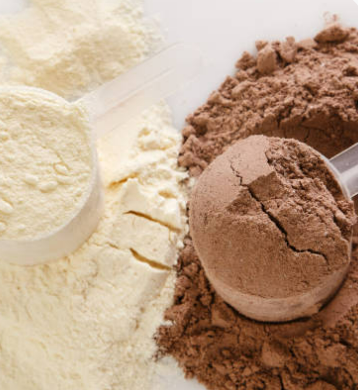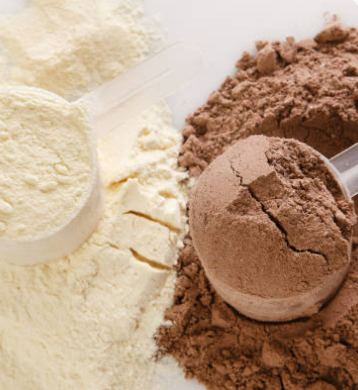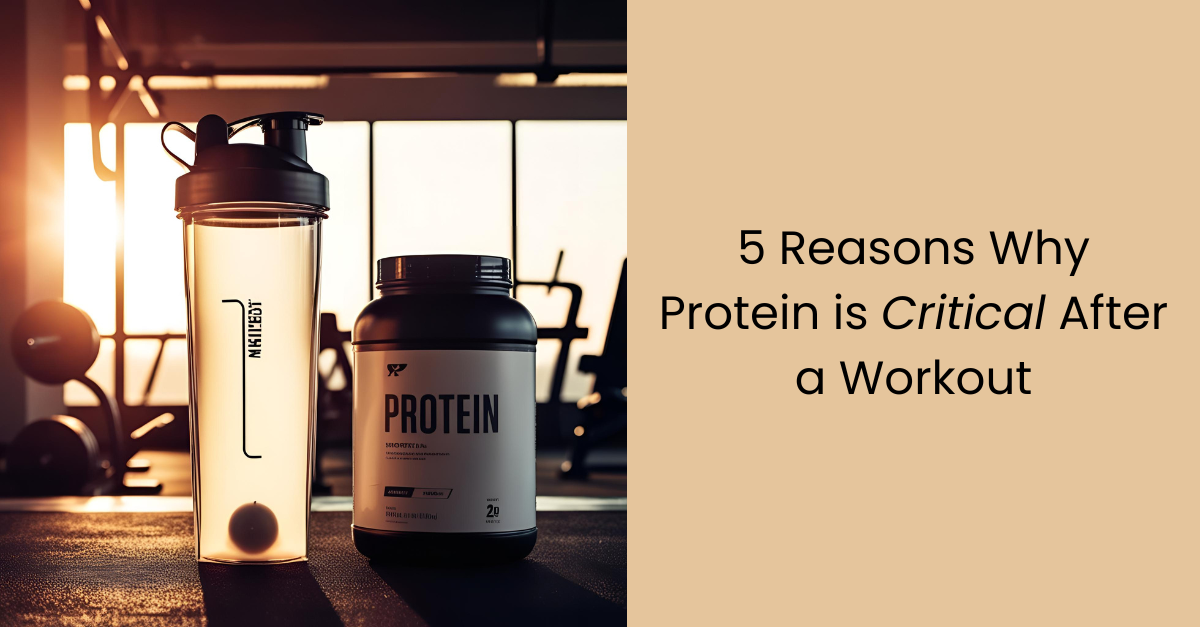Protein does a lot of great things for us when working out, here are the ways the protein helps with performance, recovery and endurance. We will also cover some of the simple differences between whey, casein, and plant-based proteins.

Protein has been proven to be beneficial when exercising in many ways. While we don’t want to cover all of the ways that protein helps us, we do want to cover three that we frequently get questions about. How does protein help with performance? How does protein help with recovery? How does taking protein help with muscle growth?
1. Enhanced Performance and Endurance
While protein is mainly known for its role in muscle repair and growth, it can also indirectly help with performance and endurance. During exercise, your muscles undergo stress, and protein helps to ensure that your body can maintain muscle function. If you have an adequate protein intake, your muscles are less likely to break down during prolonged activity, allowing you to perform at a higher level for longer periods. Additionally, protein helps maintain lean muscle mass, which can contribute to overall strength and stamina.
2. Faster Recovery
Protein is crucial for muscle recovery because it provides the amino acids your body needs to repair and rebuild muscle fibers that are damaged during exercise. When you work out, especially during resistance training, tiny tears occur in muscle fibers. Protein helps to “repair” these fibers, making them stronger and more resilient. Consuming protein after exercise (especially in combination with carbohydrates) speeds up this recovery process, reduces muscle soreness (DOMS), and helps your body replenish its energy stores more efficiently.

3. Increased Muscle Growth
Protein directly supports muscle growth by promoting muscle protein synthesis (MPS). When you exercise, especially with resistance or strength training, the body undergoes a process called muscle breakdown. Protein helps stimulate MPS, which is the process of building new muscle tissue. The more protein you consume, the more the body has to work with to build new muscle fibers. This results in increased muscle size and strength over time. For optimal growth, it’s important to consume protein consistently, both around workouts (to stimulate MPS) and throughout the day to provide a steady supply of amino acids to support muscle repair and growth.
We will be covering how other nutrients impact these same three areas in the next several posts. Subscribe to receive notifications for some easy posts you can read faster than you can finish on the toilet and learn a little bit to help you grow!
And as always, remember… What IF you started today?
Thanks for reading! – Jake



Leave a Reply